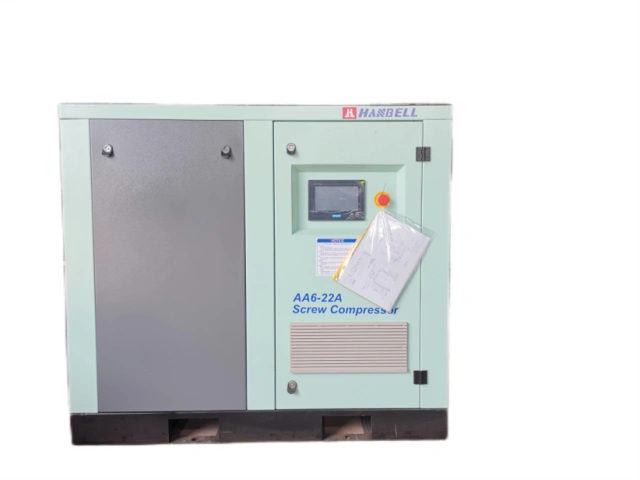Maximizing ROI with Advanced Screw Air Compressor Systems
Table of contents:
Total Cost of Ownership: Screw vs. Reciprocating Compressor
Energy Savings Strategies for Industrial Compressed Air Systems
Maintenance Tips to Extend the Life of Your Air Compressor
Scaling Your Compressed Air Generator Setup for Business Growth
Total Cost of Ownership: Screw vs. Reciprocating Compressor
When evaluating air compression solutions, it's essential to look beyond the initial purchase price and consider the total cost of ownership (TCO). Screw compressors, offered by leading gas air compressor manufacturers, often present a more favorable TCO compared to reciprocating models. While the upfront cost might be higher, screw compressors typically offer lower maintenance requirements, reduced energy consumption, and longer operational lifespans. For industries like oil and gas, where natural gas compression companies rely heavily on consistent performance, the durability and efficiency of screw compressors can lead to significant long-term savings. Additionally, the oil-free operation of many screw compressors ensures higher air quality, which is crucial for sensitive applications in food processing and medical environments.
Energy Savings Strategies for Industrial Compressed Air Systems
Energy consumption is often the largest expense in operating an air compressor system. Implementing energy-saving strategies can dramatically improve ROI. A reputable gas air compressor manufacturer will offer systems with advanced controls that optimize performance based on demand. Variable speed drives, for instance, adjust the motor speed to match the required output, reducing energy waste during periods of low demand. Heat recovery systems can capture and repurpose the heat generated during compression, further enhancing efficiency. Natural gas compression companies often benefit from these innovations, as they can significantly reduce operational costs in large-scale compression projects. Regular audits of the compressed air system can also identify leaks and inefficiencies, ensuring the system operates at peak performance.
Maintenance Tips to Extend the Life of Your Air Compressor
Proper maintenance is crucial for maximizing the lifespan and efficiency of your air compressor. Regular service intervals, as recommended by your gas air compressor manufacturer, can prevent unexpected downtime and costly repairs. This includes routine oil changes, filter replacements, and belt tensioning. For screw compressors used in demanding environments, such as those employed by natural gas compression companies, more frequent inspections may be necessary. Monitoring key performance indicators like discharge temperature, pressure, and power consumption can help identify potential issues before they escalate. Additionally, ensuring proper ventilation and a clean operating environment can significantly extend the life of your compressor, ultimately improving your ROI.
Scaling Your Compressed Air Generator Setup for Business Growth
As businesses expand, their compressed air needs often grow as well. A modular approach to air compression systems allows for scalability without excessive capital investment. Many gas air compressor manufacturers offer solutions that can be easily integrated into existing setups, allowing businesses to increase capacity as demand grows. This flexibility is particularly valuable for natural gas compression companies that may need to adapt to changing project requirements. When scaling, consider factors such as future capacity needs, space constraints, and energy efficiency goals. Investing in a system that can grow with your business ensures long-term value and prevents the need for premature replacements, thereby maximizing ROI over time.
In conclusion, maximizing ROI with advanced screw air compressor systems requires a holistic approach that considers initial costs, energy efficiency, maintenance, and scalability. By partnering with a reputable gas air compressor manufacturer, businesses can access cutting-edge technology and expert support to optimize their compressed air systems. From natural gas compression companies to food processing plants, the right compressor solution can drive significant cost savings and operational improvements. By implementing the strategies discussed, companies can ensure their air compression systems not only meet current needs but also provide a solid foundation for future growth and success in an increasingly competitive industrial landscape.

Comments
Post a Comment